1. Scott McKenzie
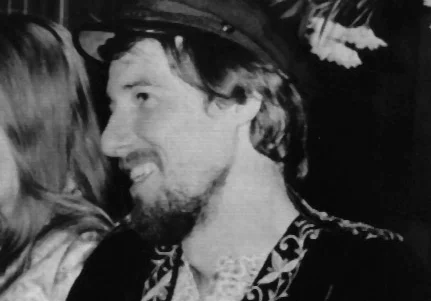
Scott McKenzie will forever be remembered for “San Francisco (Be Sure to Wear Flowers in Your Hair),” the anthem of the Summer of Love in 1967. The song captured a cultural moment so perfectly that it became a generational soundtrack, yet McKenzie himself never found the same level of success beyond that. Despite having a warm, melodic voice and undeniable talent, his career was overshadowed by the explosive rise of groups like Jefferson Airplane and The Doors.
He did remain connected to the scene, even co-writing “Kokomo” for The Beach Boys years later, but superstardom never came. His gentle folk-pop style was tied so strongly to one cultural wave that when it receded, so did his spotlight. For many, McKenzie feels like a one-song symbol of a movement, but he could have easily carved out a longer career in the right circumstances. His voice and presence deserved more than a footnote in pop history.
2. Del Shannon
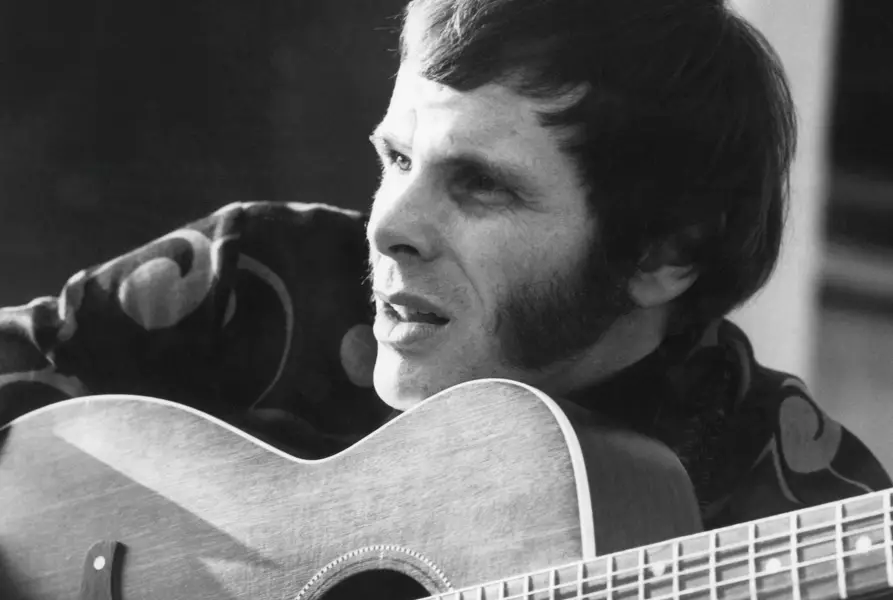
Del Shannon seemed poised for a long reign when his 1961 hit “Runaway” exploded onto the charts. With its haunting keyboard riff and Shannon’s soaring falsetto, it was unlike anything else in pop music at the time. He followed up with several other charting singles, but none matched the impact of that first monster hit.
Shannon had a knack for storytelling in his songs, and he even tried to reinvent himself throughout the ’60s. Unfortunately, the arrival of the British Invasion pushed him aside. Later artists, including Tom Petty, admired and covered his work, proving his songwriting chops were ahead of their time. He had all the ingredients for superstardom, but fate and timing got in the way.
3. Chad & Jeremy
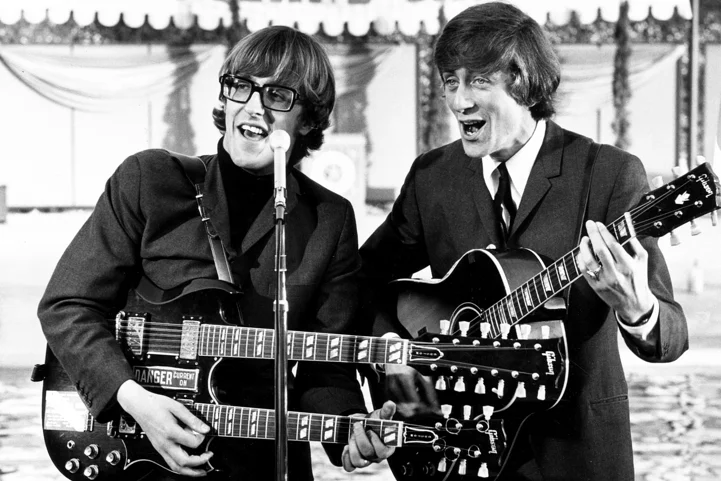
Chad & Jeremy were a British duo who arrived during the British Invasion, but their sound was gentler and more folk-tinged than their rockier counterparts. With hits like “A Summer Song” and “Yesterday’s Gone,” they brought a dreamy, romantic style that resonated with American audiences. Their harmonies were delicate and haunting, offering a softer alternative to the harder-edged bands of the era.
Despite their talent, they were quickly overshadowed by other British groups like The Beatles, The Rolling Stones, and The Kinks. Their subtle sound didn’t generate the same frenzy, even though it influenced later folk-pop acts. They should have enjoyed more staying power, but the tidal wave of louder rock acts drowned out their quieter contributions. Today, they’re remembered fondly, but they easily could have been much bigger stars of the ’60s.
4. Lou Christie
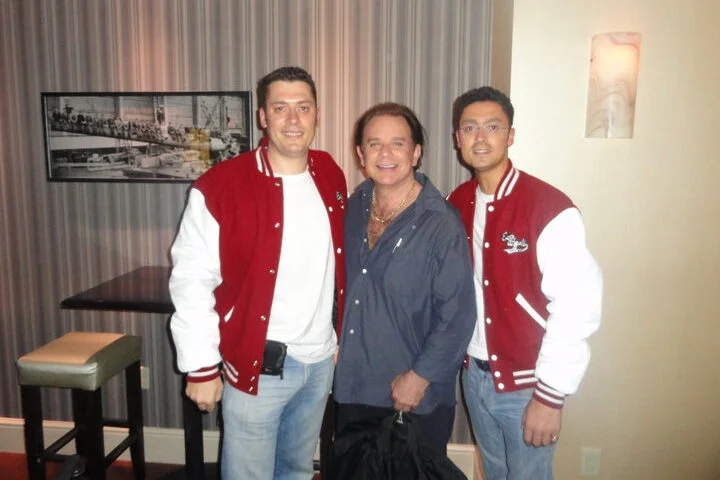
Lou Christie had one of the most distinctive falsettos of the ’60s, and his hit “Lightnin’ Strikes” lit up the charts in 1966. He had a flair for dramatic arrangements that made his songs instantly recognizable. But despite his talent, he struggled with the fickle nature of radio play and changing tastes.
Christie managed to score a few follow-up hits, yet he never broke into the enduring superstar category alongside contemporaries like Frankie Valli. His theatrical style might have even been a little ahead of its time. Today, he’s remembered fondly by those who lived through the era, but he should have been far bigger than he was.
5. Jackie DeShannon
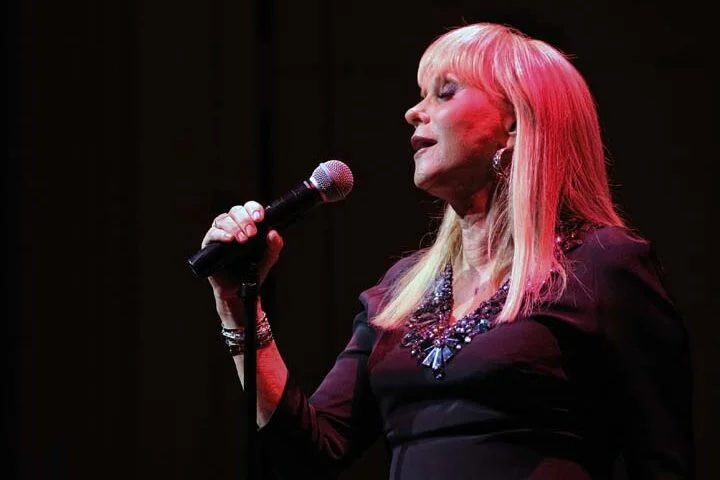
Jackie DeShannon wrote songs, sang them beautifully, and had the charisma to pull it all together. Her 1965 hit “What the World Needs Now Is Love” became an anthem, and she also co-wrote “Put a Little Love in Your Heart,” which is still heard today. But even with these accomplishments, she was never marketed as the superstar she could have been.
She toured with The Beatles and had connections with some of the biggest names in music, yet fame never reached the heights it should have for her. Being a woman in a male-dominated industry may have played a role in how her career was handled. When you look at her catalog, it’s surprising she isn’t more universally celebrated as one of the era’s brightest pop stars.
6. Gene Pitney
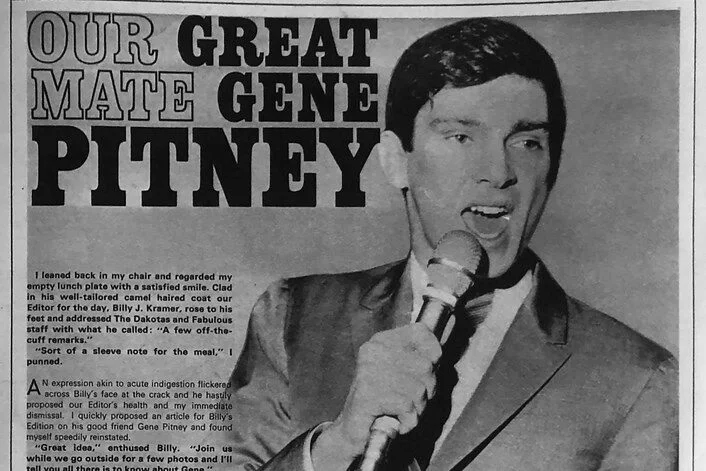
Gene Pitney was everywhere in the ’60s, with hits like “Town Without Pity,” “Twenty Four Hours from Tulsa,” and “Only Love Can Break a Heart.” His dramatic singing style and ability to cross between pop and country gave him wide appeal. Yet despite this impressive output, he never became a household name in the way his peers did.
Pitney had the voice to rival Roy Orbison and Elvis Presley, but he didn’t have the same level of image-making behind him. He remained more of a “singer’s singer,” admired by industry insiders and loyal fans. While he did enjoy solid success, he’s often left out of the conversation when people talk about the true icons of ’60s pop. He should have been up there with the greats.
7. Mary Wells
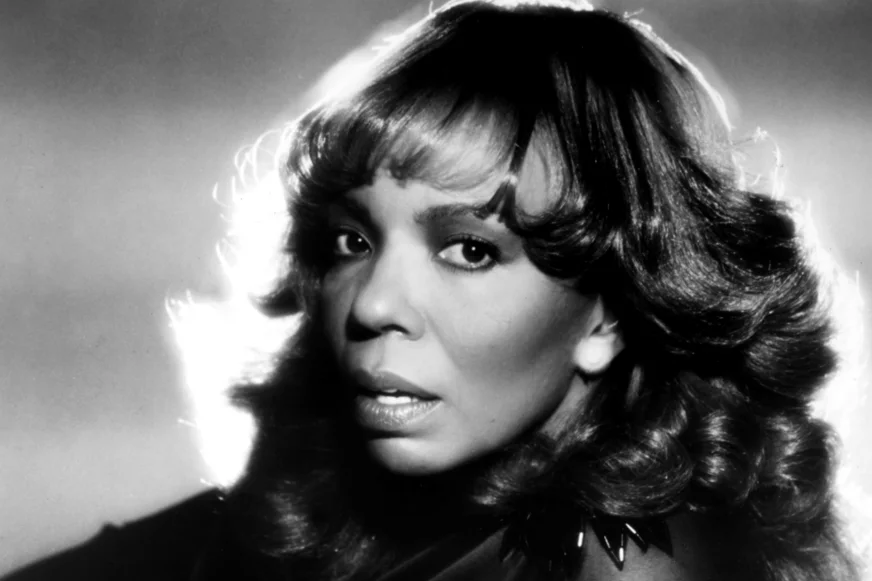
Mary Wells was Motown’s first female star, giving the label its first big crossover hit with “My Guy.” Her smooth, sweet vocals helped define the early Motown sound, and she seemed destined to be the queen of the label. But when she left Motown over a contract dispute, her career momentum never recovered.
Other Motown acts like Diana Ross and The Supremes went on to dominate, while Wells struggled to find the same success elsewhere. It’s heartbreaking to think about how different things might have been had she stayed. She had everything—talent, looks, stage presence—yet the industry politics of the time derailed her superstardom.
8. Bobby Rydell
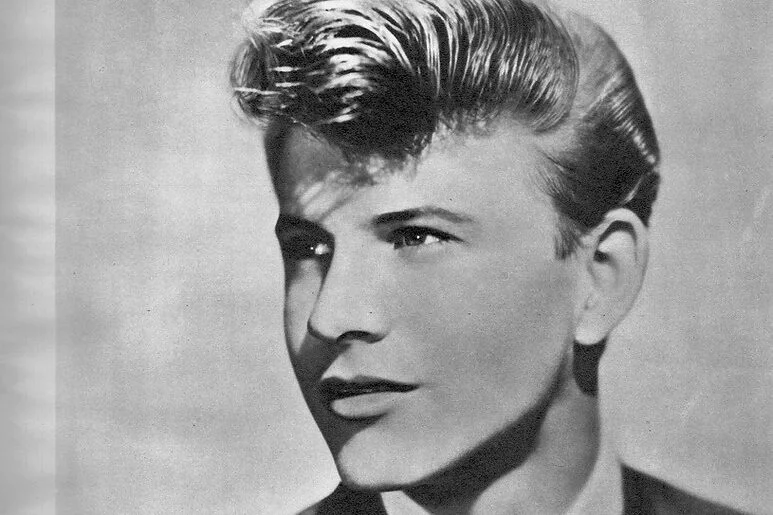
Bobby Rydell was one of the teen idols of the early ’60s, with hits like “Wild One” and “Volare.” He had the boy-next-door charm and the kind of stage presence that made him a favorite on shows like American Bandstand. For a while, it seemed like he’d be one of the era’s lasting stars.
But as rock music grew edgier, his clean-cut image began to feel outdated. The British Invasion pushed him further into the background. Rydell continued to perform and had a devoted fan base, but he didn’t make the transition into superstardom. He had the voice and charisma to go further, but timing worked against him.
9. Lesley Gore
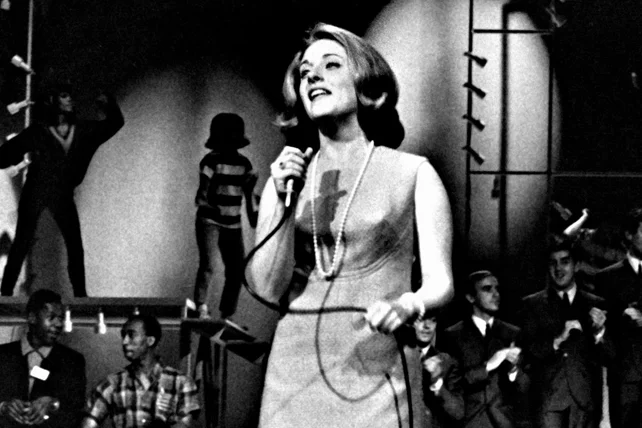
Lesley Gore was just a teenager when “It’s My Party” topped the charts in 1963. Her follow-up hits like “You Don’t Own Me” hinted at a more sophisticated, empowered artist than her early bubblegum image suggested. She had a knack for capturing teenage emotion and turning it into pop perfection.
But despite her string of hits, Gore didn’t achieve the same lasting stardom as some of her peers. As the decade wore on, tastes changed, and her career stalled. Looking back, “You Don’t Own Me” feels like it should have launched her into a new level of cultural influence. She was more than a teen idol, but her career never fully reflected that.
10. The Left Banke
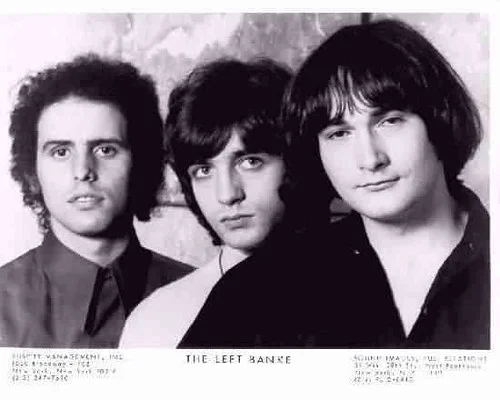
The Left Banke were pioneers of what became known as “baroque pop,” blending classical influences with catchy melodies. Their song “Walk Away Renée” remains a gem of the era, filled with lush string arrangements and aching vocals. For a moment, it looked like they were going to redefine pop music.
But internal tensions and management issues cut their momentum short. They had the artistry and originality to compete with bands like The Beach Boys and The Beatles in terms of experimentation. Instead, they became more of a cult favorite than a mainstream powerhouse. It’s easy to imagine how big they might have been with a little more stability.
11. Billy J. Kramer
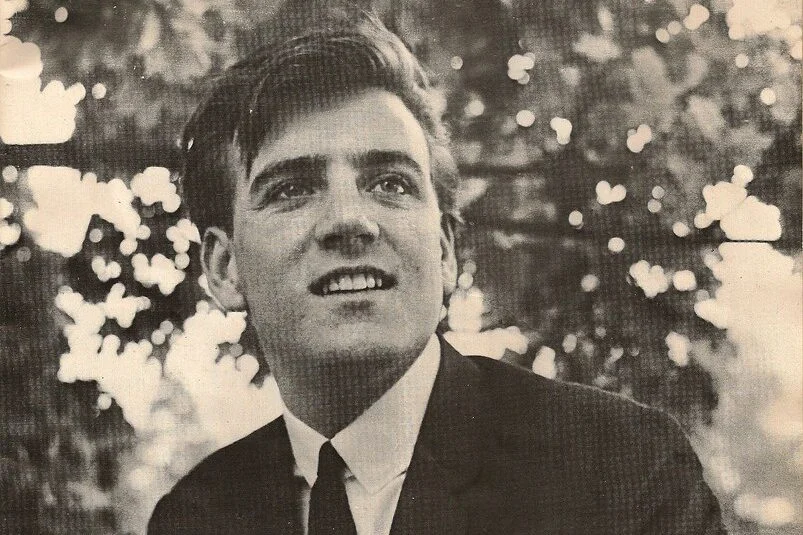
Billy J. Kramer had the kind of start most singers would dream of. Managed by Brian Epstein and often given songs written by Lennon and McCartney, he seemed perfectly positioned to ride the British Invasion wave to the top. His hits like “Bad to Me” and “Little Children” showed off his smooth voice and boyish charm, making him a favorite in both the UK and the US for a brief time.
Yet, despite that golden opportunity, Kramer’s career didn’t maintain the same momentum as The Beatles or even fellow Epstein acts like Gerry and the Pacemakers. As the decade went on, his sound began to feel out of step with the increasingly experimental pop scene. He had the talent and connections to be a superstar, but his career ended up fading far sooner than it should have. Today, he feels like one of the great “almosts” of ’60s pop.
12. Sandy Posey
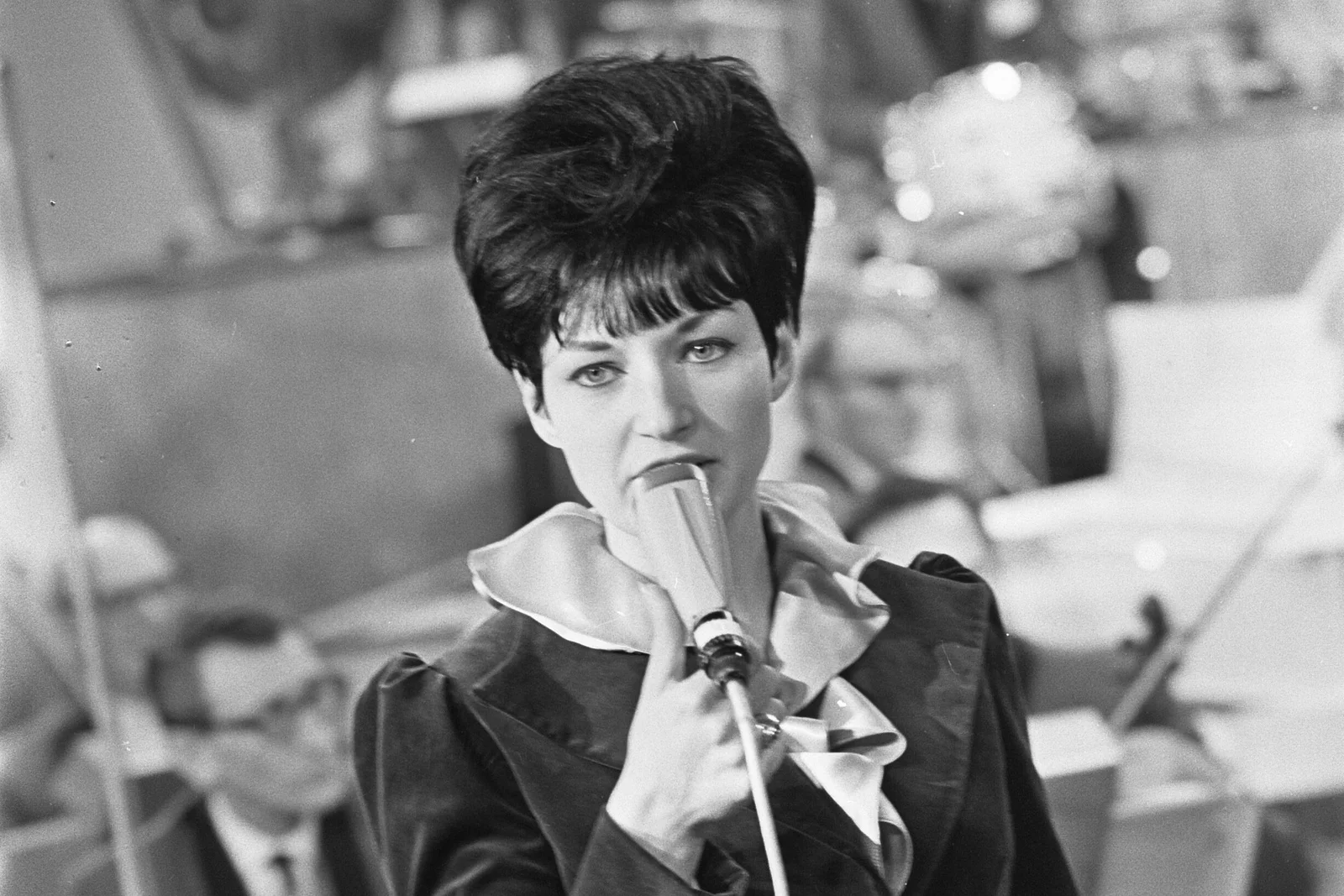
Sandy Posey had a series of hits in the mid-’60s, including “Born a Woman” and “Single Girl,” which showcased her delicate, heartfelt voice. She tapped into the emotional core of pop music in a way that made listeners feel understood. For a time, she seemed destined to stand alongside other major female singers of the decade.
But despite the quality of her songs, Posey didn’t receive the same promotional backing as others. She eventually found more success in country music, but her pop career faded too quickly. She had all the tools to be a superstar, but the industry didn’t push her in the same way. She remains one of the era’s underrated voices.


